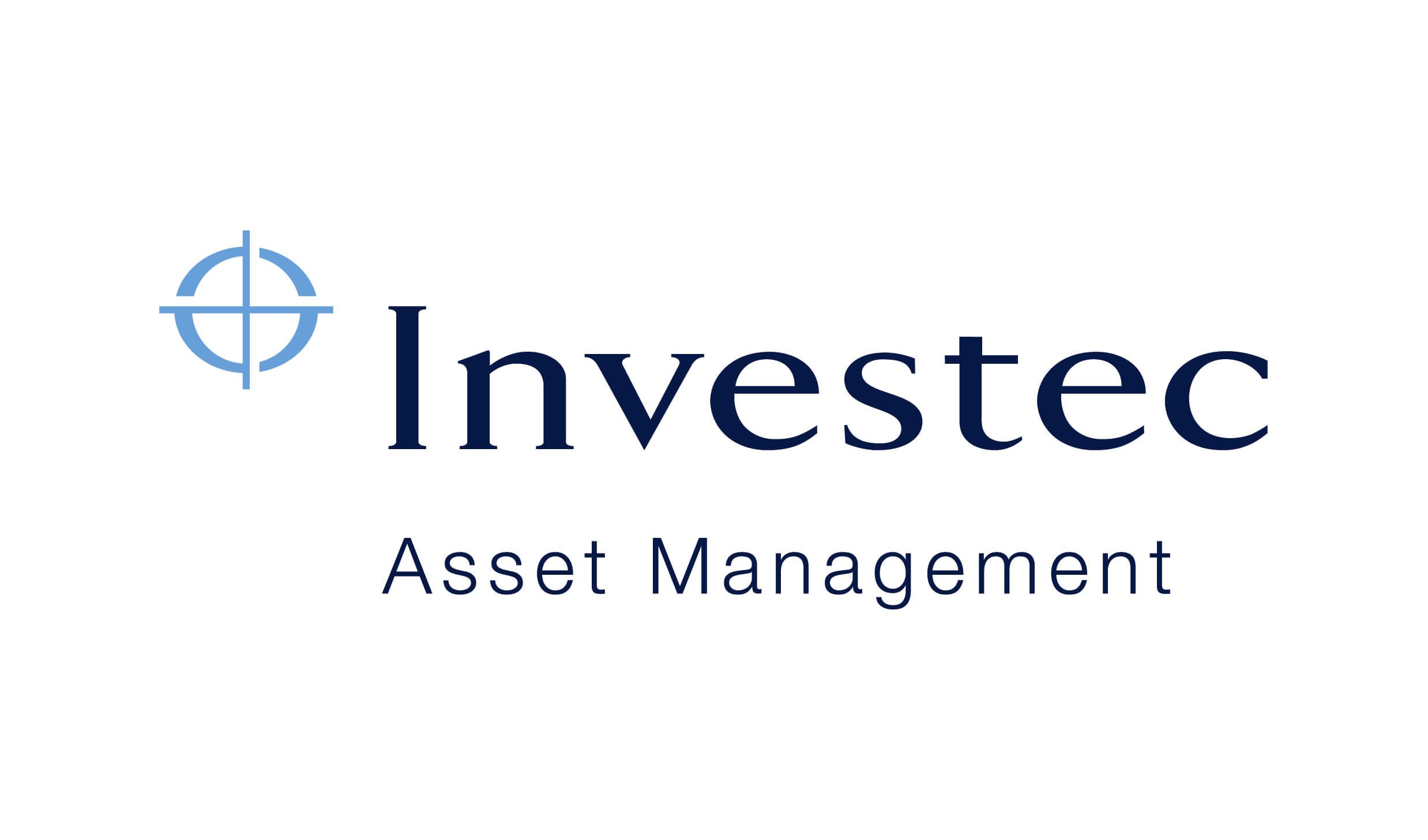
Late payments are a quiet, yet powerful economic disruptor. Whilst they impact businesses of all sizes, studies have shown small and medium enterprises (SMEs) and freelancers are particularly at risk, with the impact of late payments leading to extreme financial instability, debt and even closing down.
Rob Rees, Divisional Director of Markel Direct, the specialist insurer of freelancers and small businesses, shares the effect late payments can have on SMEs and sole traders, while providing expert advice on how they can protect their finances.
In today’s climate, marred by surging inflation, a cost-of-living crisis and energy price hikes, late payments are a growing threat to small-scale entrepreneurs and sole traders. Our survey of 560 freelancers and SME owners revealed that 22% experienced an increase in late or non-payments last year.
The data also showed that nearly half of the respondents had payments owed to them that were over 15 days overdue, while 13% stated they didn’t get paid at all and had to write off the money owed.
Late payments can create a perfect storm of financial issues for small business owners, including difficulty paying their own staff and suppliers, managing cashflow and stifling reinvestment in their business.
Getting paid on time can be the difference between a business thriving and a business struggling, so it is vital that freelancers and SMEs do all they can to help future-proof their finances from unexpected issues, such as late payments. Luckily, there are some essential steps that can help business owners protect their finances and safeguard the longevity of their businesses.
1. Research new clients and their credit history
There’s no ‘one-size fits all’ solution when it comes to clients that are bad payers, however, there are things small business owners can do to limit their risk.
Before entering any business relationship, take the time to vet the potential Credit reports and credit scoring services can offer insights into their financial stability and payment track record. Both Experian and Equifax are examples of companies that can offer this service.
This upfront due diligence can help you identify red flags, make informed decisions about whether to engage with a particular client and save you from the frustration and financial strain of dealing with late-paying clients down the road.
Other checks could include:
- Checking the prospect’s website for legitimacy and feel
- Asking for references on your customer from suppliers and banks
- Carrying out a search of the official Register of County Court Judgements
2. Consider asking for a deposit or staged payments
Consider requesting a deposit, or implementing staged payments, to secure your financial interests on a project. By asking for an initial deposit upfront or breaking down payments into stages based on project milestones, you not only reduce the risk of late or non-payment but also establish a commitment from your clients.
This approach can provide you with a steady cash flow throughout the project’s duration, ensuring that your financial stability remains intact and allowing you to allocate resources efficiently.
Moreover, it fosters transparency and trust between you and your clients by aligning their payment obligations with the delivery of agreed-upon results, creating a win-win situation for both parties.
3. Ensure contracts are clear from the outset
Before commencing any work, it’s worth ensuring there is a clear contract in place between your business and the client. Without a contract, chasing a non-payer is much more challenging from a legal standpoint.
Be sure to state your payment milestones and invoicing terms, including due dates, late payment interest or fees (on business-to-business debt if applicable), and accepted payment methods, as this helps set expectations upfront.
4. Have a system in place for chasing late payments
It pays to have a thorough system in place for chasing payments. On the day a payment becomes overdue, you should contact the client directly over the phone.
Try to keep the conversation friendly and professional, as there may be a reasonable explanation as to why the invoice hasn’t been paid. Simply state that there is an outstanding balance and ask if there is a reason why the amount has not been paid. Try to agree a date when the payment will be made, but if your client is unable to give a date straight away, say that you’ll call the next day once they have had a chance to It can be a good idea to also send a follow-up email to confirm that the phone conversation took place and create a dated paper trail.
If you have still not received any payment after chasing the client, send them email reminders and follow up with a telephone call. Many accountancy software packages can automate email reminders for you, reducing the admin burden. Be firm, cautious of excuses, and press your client for a date of payment.
If payment isn’t forthcoming, be prepared to act decisively and explain the consequences of non-payment to your client. For example, you could contact your customer in writing and inform them that you will be exercising your statutory right to claim interest (which is set at 8% over the Bank of England base rate), as well as compensation to cover the debt recovery costs.
5. Speak to your insurer to see if they can help
Always check your insurance policy to see if it includes legal help. At Markel Direct, we provide our business insurance policyholders with access to a 24 hour legal advice helpline, as well as access to Business Hub, which contains legal document templates to help with late payment problems. Having access to valuable advice from experienced legal professionals can help you navigate challenging situations and give you the best chance of getting paid quickly.
6. Reach out to a professional mediator or Small Business Commissioner
In our study, one of the most surprising findings was that only 4% of respondents said they consulted the Small Business Commissioner, Citizens Advice or other organisations about their late or non-payments, and 56% didn’t even know they could consult these organisations on this issue. On some occasions, the customer refuses to pay an invoice as there is a disagreement over whether the service or products provided were as agreed, or a customer can’t pay the full amount at once.
If those are the reasons behind late payments, you can get a professional mediator to help. This option can be cheaper and offer more flexibility than taking a client to court.
If mediation isn’t an option or doesn’t work, you might decide to make a complaint to the Small Business Commissioner, who may be able to investigate the case.
Consider taking legal action
When all else fails, and late payments persist, instead of just writing off the owed money, it might be time to consider taking legal action. While it’s not an option to be taken lightly, it can be a necessary step to protect your financial interests. Your insurance provider may be able to help if you have arranged legal expenses insurance, or alternatively, consult with a solicitor who specialises in debt recovery.
Whilst pursuing legal action should be a last resort, and efforts to resolve the issue amicably should precede it, its important to remember you are within your rights to take this step.
Whilst there is no sure-fire way of protecting your business from late payments, taking these precautions can help SMEs and freelancers ensure they are in the strongest position to protect their finances and mitigate risk.


























